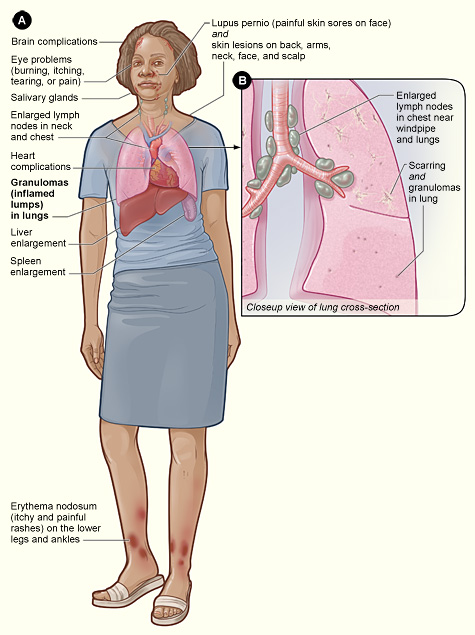
Most people don’t know how prevalent Type 1 diabetes is. In the United States, more than 1.5 million people are diagnosed every year. that represents 40 new cases among children each day.
This type of diabetes usually affects children and young adults and the only treatment is a daily dose of insulin. High blood sugar levels interfere with the normal function of the organs, making diabetes dangerous.
Here is some information about juvenile diabetes that will help you with early diagnosis of this condition and keep it under control.
Type 1 diabetes is an autoimmune disease. An autoimmune disease occurs when the body doesn’t recognize its own cells and produces antibodies that destroy them. In juvenile diabetes insulin-secreting cells from the pancreas are being destroyed; the result is an insufficient quantity of insulin, a hormone that is necessary for the cells to transform glucose into energy. As a result, glucose stays in the blood stream and raises the blood sugar level. The resulting high blood sugar levels interfere with the normal functioning of the body.
Causes of Type 1 diabetes are not entirely known but there are some theories. it is believed that this condition could have a genetic component. Some scientists also believe that exposure to certain viruses is a possible cause.
You have to understand that insulin injections are not a cure for Type 1 diabetes but they keep the blood sugar at a normal level. a diet low in fats and high in fiber is also required. It is necessary to monitor the blood sugar daily in order to adjust the insulin dose.
The three major symptoms of juvenile diabetes are extreme thirst, frequent urination (especially at night) and increased hunger. Other symptoms are drowsiness, sudden weight loss, vision changes, heavy breathing, fatigue, limb numbness and sugar in the urine. if any of these symptoms occur, go see the doctor in order for a consultation as soon as possible.
There is no cure for diabetes but diagnosing it early can help you control it. Have regular screenings to monitor your blood sugar levels because diabetes usually occurs suddenly. Talk to your physician in order to adjust your daily insulin doses.
Change your diet and include exercise in your daily routine.Moderate exercise help cells to respond better to insulin. This way you can prevent diabetic-related complications.